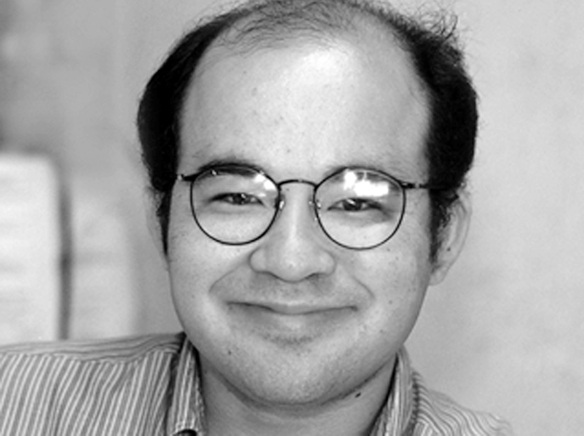Fun fact: There are more Democrats in the United States of America than there are Republicans. (If you don’t believe me, ask Google.)
Despite this, conservatives have done better in recent “do you identify as liberal or conservative” polls. However, this is a relatively recent trend, and those same polls also suggest that liberals are starting to catch up — in some polls, liberals and conservatives are neck-in-neck.
Fun fact: There are more Democrats in the United States of America than there are Republicans. (If you don’t believe me, ask Google.)
Despite this, conservatives have done better in recent “do you identify as liberal or conservative” polls. However, this is a relatively recent trend, and those same polls also suggest that liberals are starting to catch up — in some polls, liberals and conservatives are neck-in-neck.
Political polls aren’t perfect (people lie, questions can be biased, etc.), but they are the most scientific measuring stick that we have.
So is America liberal or conservative? You can learn a lot when you ask Americans how they feel about individual issues. It turns out that people do support social welfare programs to help the poor. And many support social programs in general, and other “traditionally liberal” stuff such as gun control and environmental protection.
And politicians have known for years that they will face an army of opposition if they try to harm Social Security.
It seems that there is a cultural bias against the term “liberal” and that Americans actually are kind of liberal, even if they aren’t willing to admit it.
So, that may help explain why Democrats outnumber Republicans.
Of course, you also have to take into account the growing number of independent voters in the United States. But because of our two-party political system, these independents tend to “lean Democratic” or “lean Republican.”
Of course, America is divided geographically as well as politically. There are places where Democrats overwhelmingly dominate, and there are places where Republicans hold an advantage. Some of this is because of gerrymandering, but there are socio-economic reasons why Democrats do better in some areas, while Republicans do better in others — it all depends on what local voters consider to be important.
Then there are the so-called “swing” districts where Democrats should do better — they have a numerical advantage — but mysteriously don’t. If every registered voter voted, the results would be different. Yes, voting does make a difference!
Clearly it is in the Democrats’ best interests to get as many eligible people to the polls as possible, while it is in the Republicans’ best interests to keep people away from the polls if possible.
Whenever you see voting rights legislation, take a look at who opposes it or who supports it. For example: Changing election day to a Saturday, or making early weekend voting possible, or keeping polls open later, so more people can make it to the polls? This tends to be a Democratic idea.
Voting restrictions, such as voter ID laws or other security measures, tend to be Republican ideas.
“Voter identification” is a solution in search of a problem. Despite all of the anecdotes you may have heard about dead people voting, voter fraud is a microscopic problem — small enough to be an acceptable risk, such as meteor strikes.
Let the people vote. America is supposed to be a democratic nation, or at least a democratic republic. But the system only works if people vote. The vote is your voice. Low turnout distorts that voice.
So let the people vote.
James Fujita is a former GVN news editor. He works for the Visalia Times-Delta in California’s Central Valley. Fujita can be contacted at jim61773@yahoo.com




















